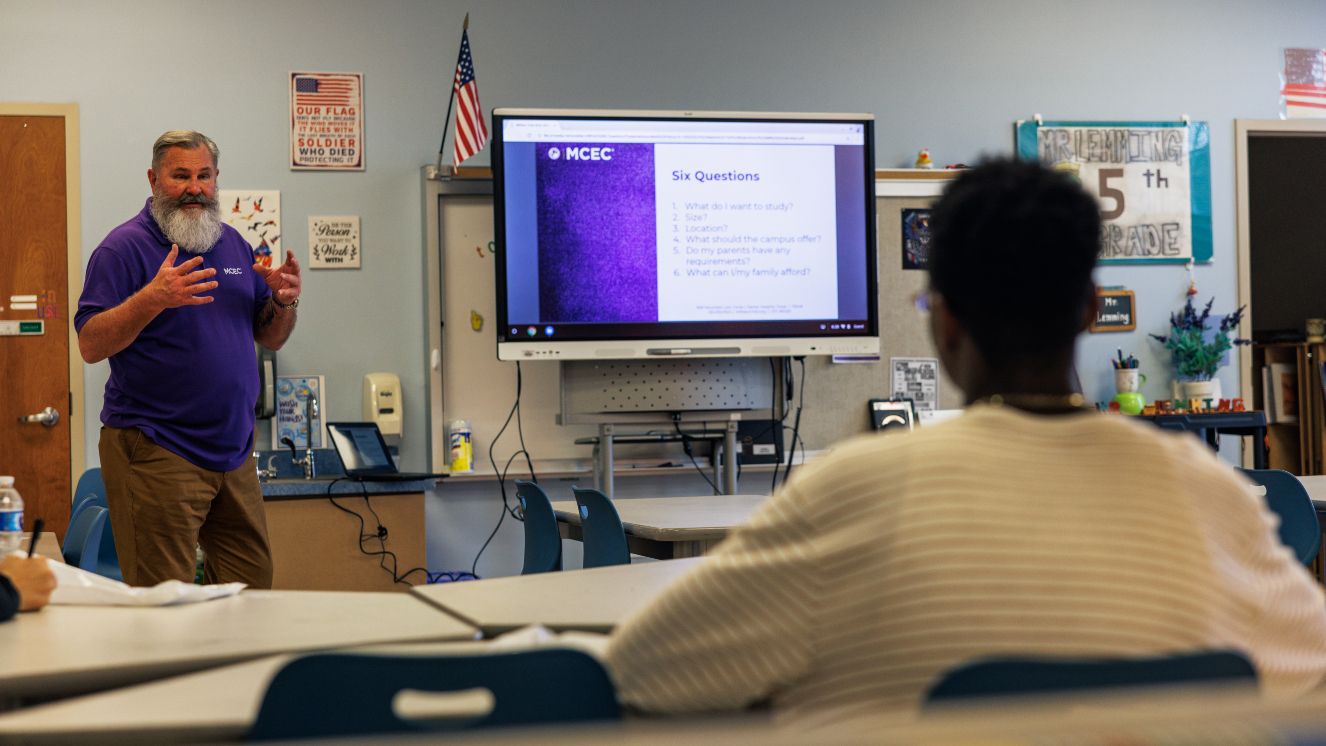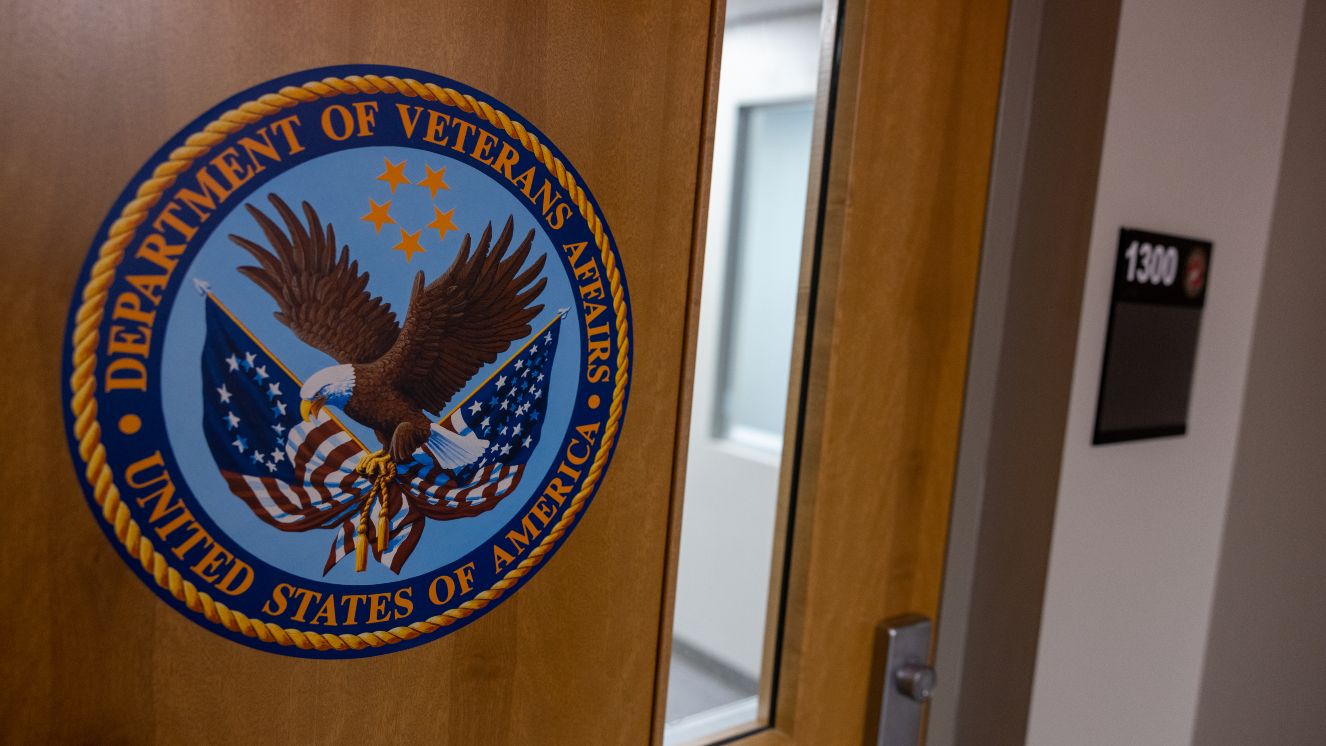DOLE ACT PASSES: IMPROVED VETERAN HOME CARE SERVICES
COMMENT
SHARE

Help may be on the way for Veterans who need caregiver options later in life or are facing homelessness. Despite some initial political hurdles, the Dole Act for Veterans has passed the U.S. House of Representatives and is gaining traction to become law. Learn more about the bill’s politics and key provisions aiming to help Veterans gain better access to benefits and care.
Dole Act: Key Provisions for Veteran Home Care
Not to be confused with the law involving the ownership of technology, the Dole Act is a policy for Veterans that would help improve caregiver programs at homes, along with homelessness and other areas of concern for Veterans.
Formally known as H.R.8371 - Senator Elizabeth Dole 21st Century Veterans Healthcare and Benefits Improvement Act, the focus is on aging and disabled Veterans having more access to home and community-based nursing care.

Bipartisan Support in the House
There were doubts surrounding the Dole Act but now, changes to its legislation were made and both sides of the aisle have come together to ensure Veterans have more care options for their needs later in life.
Passing on a 389-9 vote, House Veterans Affairs Committee Chairman Mike Bost spoke on the floor about the bill saying,
"For nearly the entire 118th Congress, the House and Senate committees on Veterans Affairs have worked together to develop a bipartisan package of common-sense proposals. The Dole Act is a result of that work and would enhance, reform, and modernize nearly every part of the VA. Specifically, the Dole Act would change the landscape for elderly Veterans and finally give them a choice in where they choose to live out their sunset years."
Key Provisions of H.R.8371
The Dole Act for Veterans is putting more of the cost burden on the VA and giving relief to our nation’s heroes.
According to the provisions of the Senator Elizabeth Dole 21st Century Veterans Healthcare and Benefits Improvement Act, 65% to 100% of costs will be covered by the VA while also making it easier for Vets to find home nursing healthcare services.
For many Veterans, it’s difficult to find care at home in their final days, which the bill is aiming to rectify.
Furthermore, with many Veterans facing issues surrounding homelessness, the Dole Act is raising the per diem rate from 115% to 133%, allowing the VA the ability to pay for more short-term transitional housing.
Additionally, homeless Veterans would receive more benefits from the VA, which would be able to provide vital services, such as hygiene items, blankets, bedding, shelter, and even rideshares.
It’s worth noting that both provisions for homeless Vets are temporary and will end in September 2027.
The VA also cannot overturn a decision from one of its doctors to refer patients outside of the VA for care. This ban will go on for two years while the VA builds data and reports to Congress on the effects of these changes.
Helping homeless Vets and those near the end of their lives is always an important initiative and during the COVID-19 pandemic, special provisions were in place to help reduce homelessness. However, since then the provisions have expired.

Legislative Politics of the Dole Act: Impact on Veterans
Democrats and Republicans alike believe in helping Vets receive proper care and ending homelessness, however, how we get there is often an area of debate. Particularly, when there are other political issues within legislation.
For example, there were concerns from the Democratic Party about privatizing the VA due to some of the language within the Dole Act, while the GOP didn’t think enough was done for Veterans seeking private care using funds from the VA.
Veterans groups have criticized both sides for the politics involved with the bill, as the focus should be on providing benefits to Vets.
To get the bill approved, edits were made, including the omission of the provisions involving new access standards for Vets receiving treatment at residential mental health and substance abuse programs, which would allow them to participate in non-VA programs if the VA programs had too long of a wait.
While the changes were enough to generate support from Democrats, nine Republicans voted against the bill, with some feeling the bill needed more planning, clearer definitions for surviving spouses, and other concerns surrounding the ongoing issues the VA continues to face with its problematic electronic health records program from Oracle Cerner.
To become law, the Dole Act will still need to pass the Senate and be signed by President Joe Biden before Congress ends in January, otherwise, the process restarts before it can become law.
Suggested reads:
Join the Conversation
BY BUDDY BLOUIN
Buddy Blouin is a Contributing Writer at VeteranLife.com
Buddy Blouin is a Contributing Writer at VeteranLife.com



